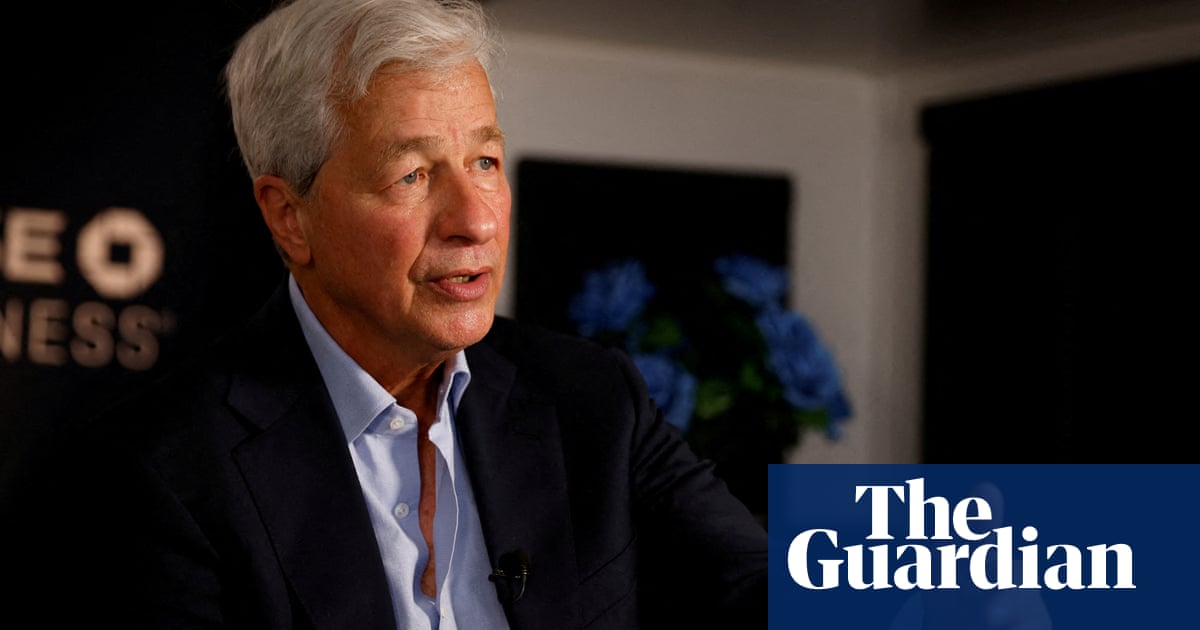- Joined
- Sep 21, 2012
- Messages
- 952
Silly Con Valley Bank
True, but it's not like dozens of banks are collapsing.
That is Bear heroin straight into the veins!
....yet. i'm not making any predictions, but it remains to be seen how many other banks have covered up massive interest rate losses the same way SVB did. Black also said the Swiss bank was probably doing some exotic derivative stuff in addition to having interest rate exposure, but because of how corrupt Swiss banking is we may never get the whole story of what happened there.
Also simply put, banking crises never happen if people only take out money sparingly from their deposits while at the same time putting money from income in. Its a fractional reserve system, so it only happens when the people begin to act like wild chimps and need all their money now and all at the same time.
Which makes it very interesting because these Silicon Valley people who this bank catered to should know about such basic finance knowledge, many people in the Valley went to ivy league schools. Yet here we are with supposedly well schooled individuals acting like chimps and trying to pull out their money all at once. They're acting like how blue collar workers would react if they where made to be consciously aware of fractional reserve banking, without knowledge of the implications of a mass pullout.
IMHO all this does is to prove that many of the so called people who we idolized as being smart and the best of the best from the tech sector are merely drunken party fools and hucksters. Each app after the other and each new social media site a more blatant scam then the previous one.
Nevertheless the difference is in the ultimately competitive situation between our militaries and countries, resulting in a surplus of goods.I'm not sure I would agree with that. The US and Soviet military parasites fed off of each other. Certainly in the US where public opinion matters to the extent it does, the public justification for spending so much on weapons was most commonly "look how many weapons the Soviets have!" Meaning that there was something of a mutually beneficial relationship there: definitely not market competition.
Nevertheless the difference is in the ultimately competitive situation between our militaries and countries, resulting in a surplus of goods.

It just got bought for a bit over $3 billion. What on earth happened...
They're not fools, they're responding to incentives.
Which fools are being discussed?
The bankers or their customers?
What incentives?
Therefore if @Lexicus idea that such individuals are hyper rational and acting solely out of self interest, then one can only conclude that it was in fact a conspiracy to stop the Fed.
So what happens to the stock price of a bank when the bank reports enough losses to render it insolvent? Why would the people running the bank be honest about what is actually happening with the bank?
It used to be that if they lied, they might go to jail.
So what incentive do they have to run the bank in an honest and ethical manner
The people at the Fed are responding to incentives as well. Where do you think the likes of Jerome Powell are employed before and after they sit on the Fed's board? Why would they do anything to piss off their friends, employers, and clients?
WTH?
It just got bought for a bit over $3 billion. What on earth happened...
I must not correctly understand.
Credit Suisse could face disciplinary action, Swiss regulator says
Credit Suisse said it had found "material weaknesses" in its financial reporting;
In recent years the bank has been plagued with a bunch of scandals — including tax evasion, money laundering
UBS agreed to buy Credit Suisse for 3 billion Swiss francs ($3.26 billion) in stock a week ago and to assume up to 5 billion francs in losses in a merger engineered by Swiss authorities during a period of market turmoil in global banking
Amstad also defended Switzerland's decision to write down 16 billion Swiss francs of Credit Suisse Additional Tier 1 (AT1) debt, to zero as part of the forced rescue merger.

Credit Suisse could face disciplinary action, Swiss regulator says By Reuters
Credit Suisse could face disciplinary action, Swiss regulator sayswww.investing.com

banks that are bailed out are not private banksWhy do we need private banks?
Couldn't theoretically every person be given a small line of credit that they could use for loans from the government and if they proven competent their credit limit could increase.
The freeloaders simply wouldn't get more loans and the cost of all individual freeloaders combined would be orders of magnitude less expensive than bailing out the banks.
Corporations could still raise capital and lend to each other.
I just fail to understand the value of private banks. Why should the public prop something up that harms them?
